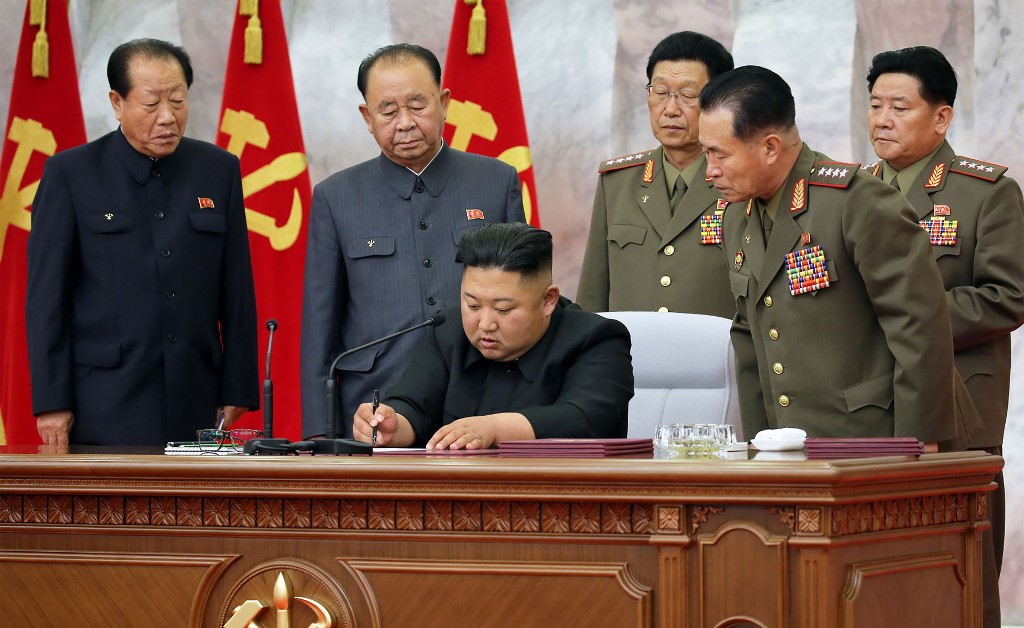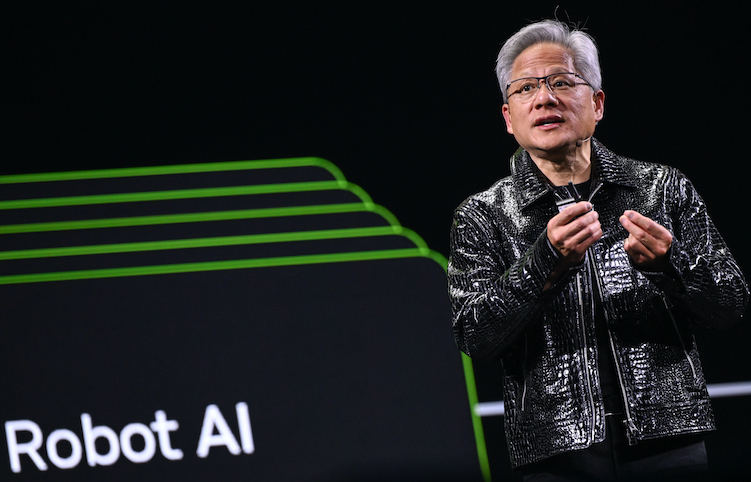Privately run business has overtaken state enterprises to become North Korea’s biggest economic actor over the past decade, a sign of booming markets allowed by leader Kim Jong Un, South Korea’s unification ministry said on Thursday.
The ministry, which handles North Korea affairs, released a report on political, economic and social changes during Kim’s 10-year rule, based on data from South Korean and UN agencies, as well as interviews with defectors.
While the isolated country suffered from coronavirus lockdowns and sanctions over its weapons programmes, private activity has grown from about 28% a decade ago to make up nearly 38% of the economy, the ministry said in the report.
Government-led programmes, meanwhile, have shrunk to make up 29% of the economy from 37%, and about 9% was from entities that work in both state and private sectors, up from 7%.
Merchants Proliferate Before Hardships
The number of merchants has also soared some fourfold to hit an all-time high at about 1,368 in 2018, from 338 in 2011, before sharply dropping amid economic hardships and the pandemic.
“As marketisation continues, the proportion of private economy is on a long-term upward trend,” the ministry said. “People’s activities are shaping into a dual way, state and private economy.”
NK News, which monitors events in North Korea, said four of the five known North Korean insurance companies uploaded their financial data for 2020, suggesting “less of a recession than many have assumed given the sharp drop in trade due to Pyongyang’s strict Covid-19 border controls”.
While the insurance market and its profits shrank overall, smaller companies still managed to grow their market share, pointing to a trend of customers favouring smaller but more innovative companies over state-owned enterprises.
- Reuters, with George Russell
READ MORE:
North Korea’s Kim warns of ‘grave incident’ in battle against pandemic
North Koreans dismiss US outreach as a ‘cheap trick‘
North Korea’s Kim slams his cabinet for lacking innovative insight
























